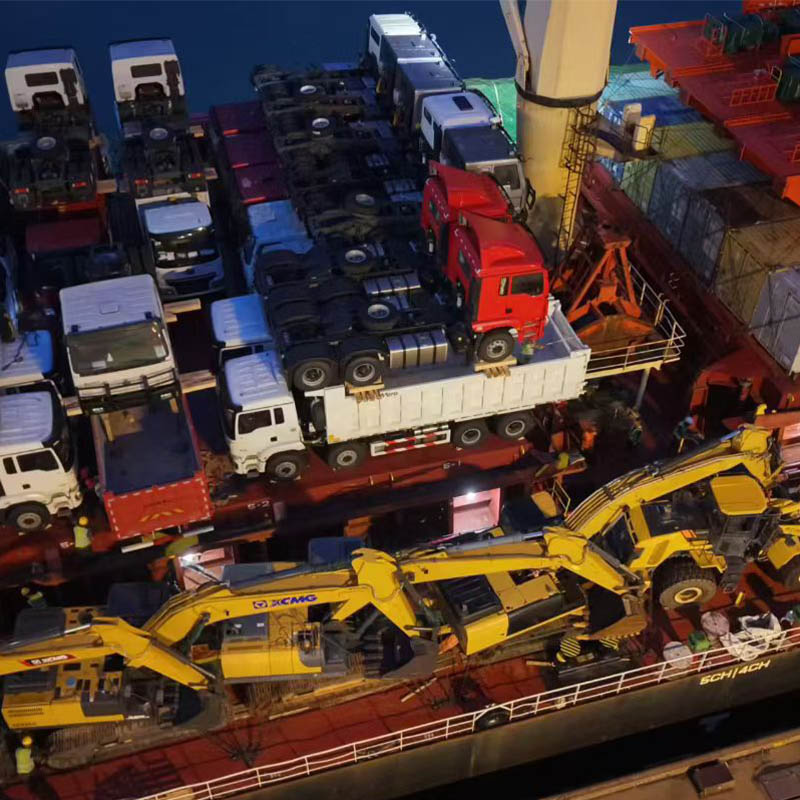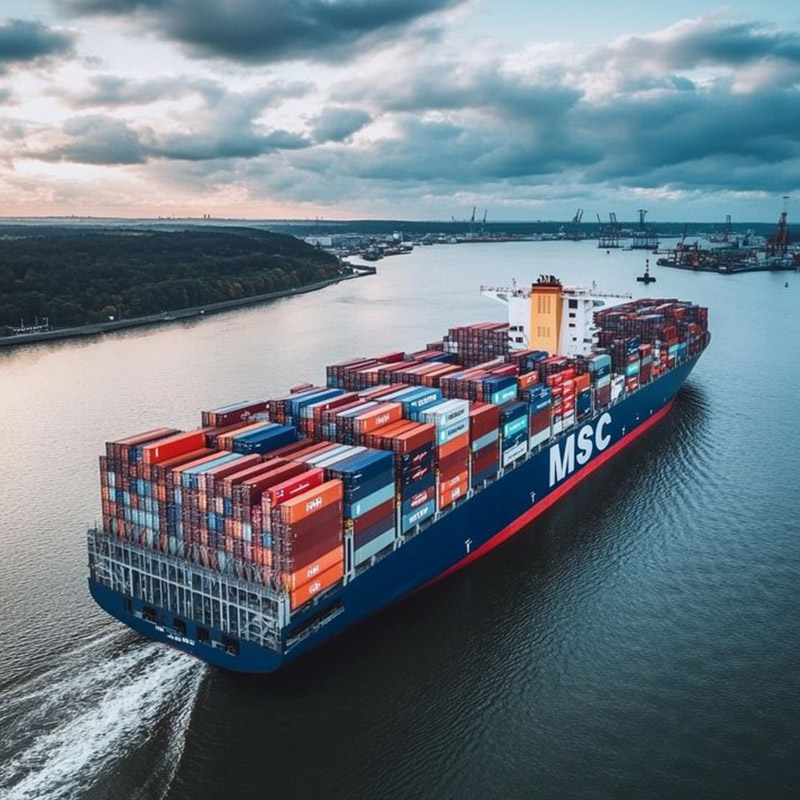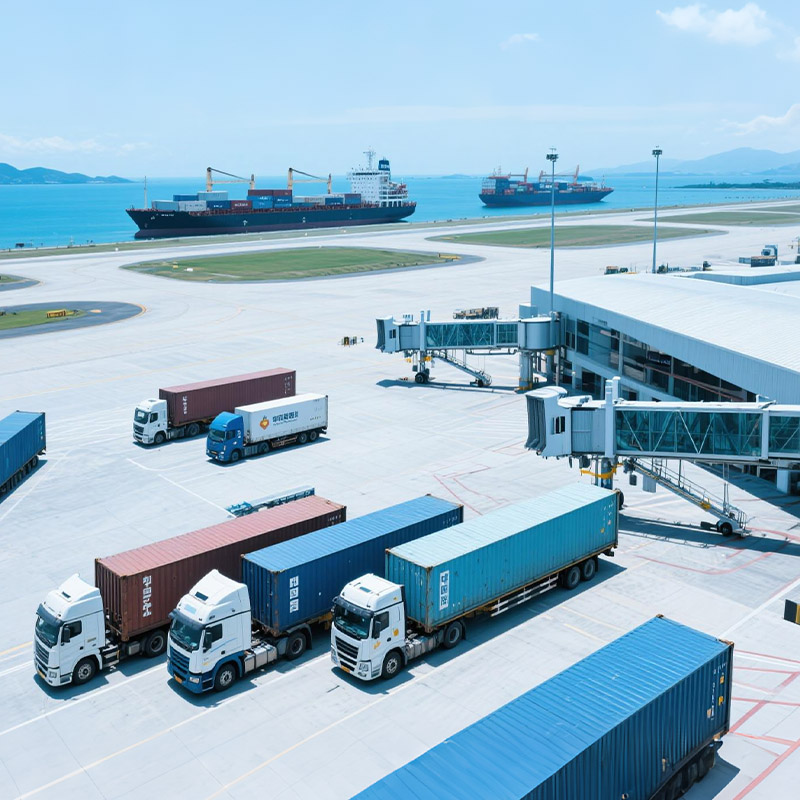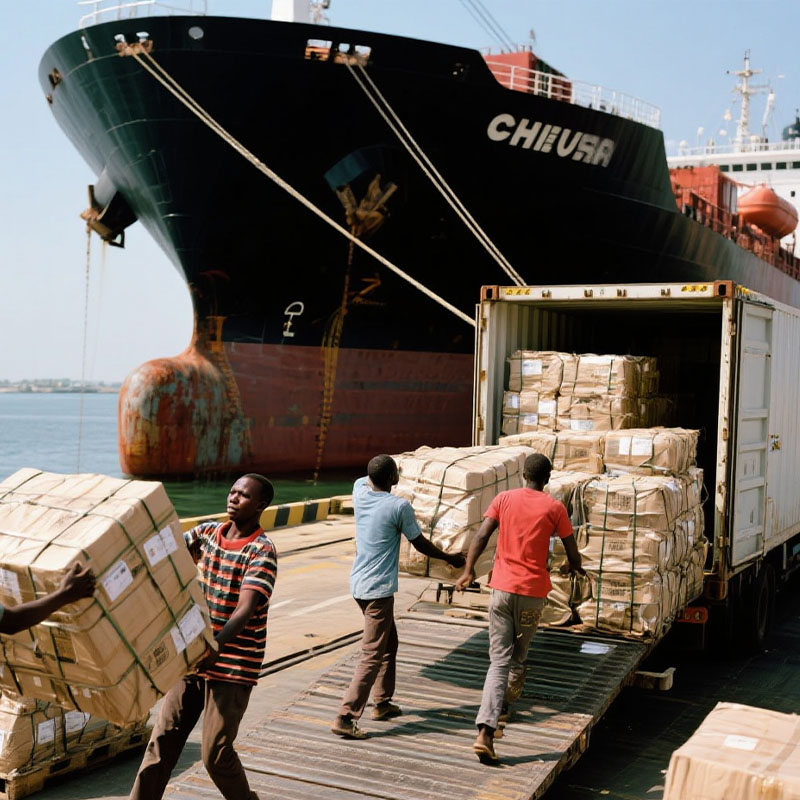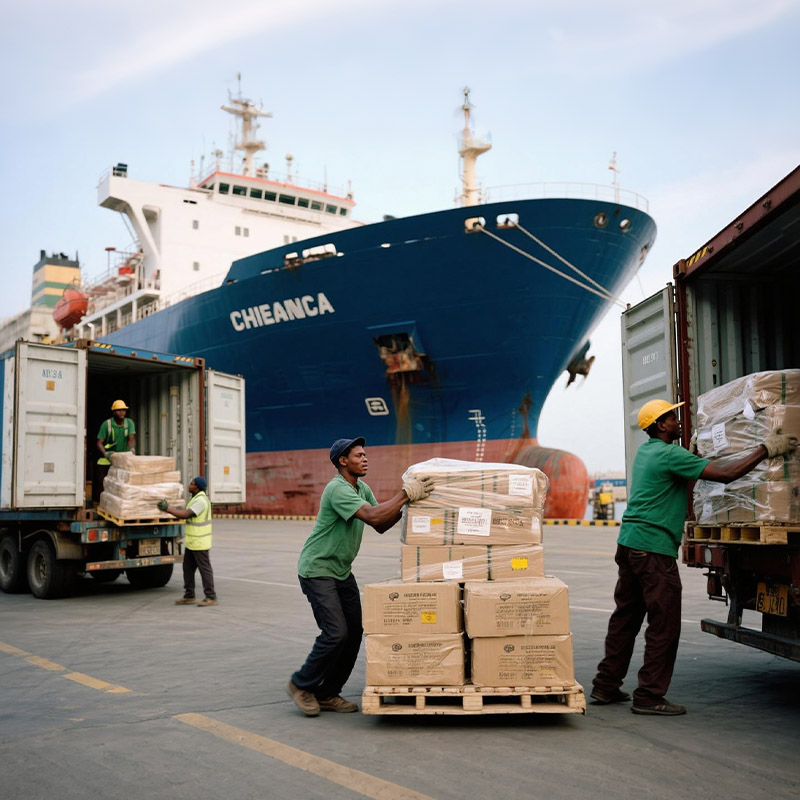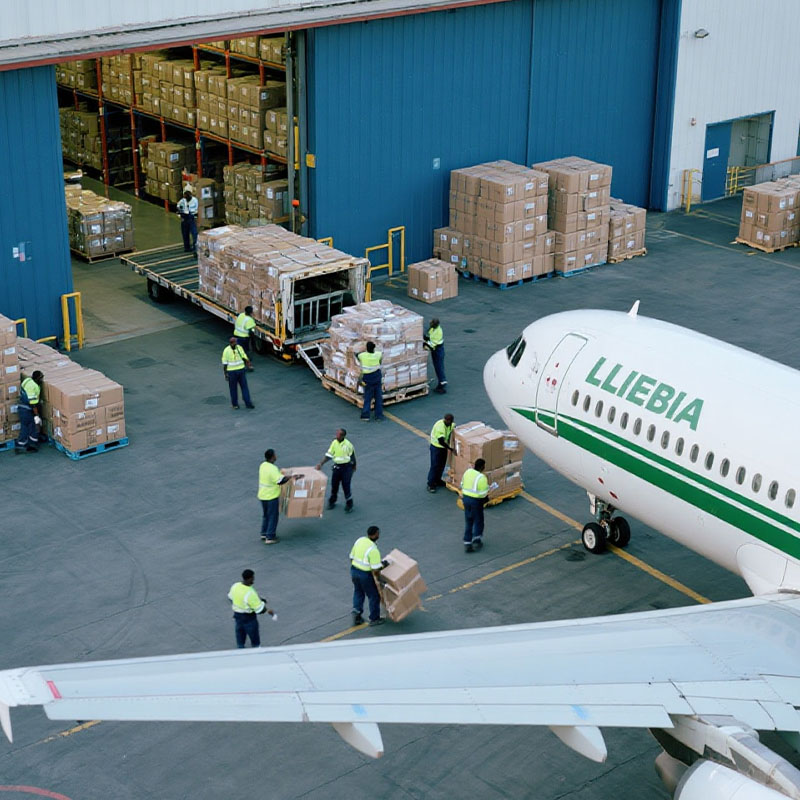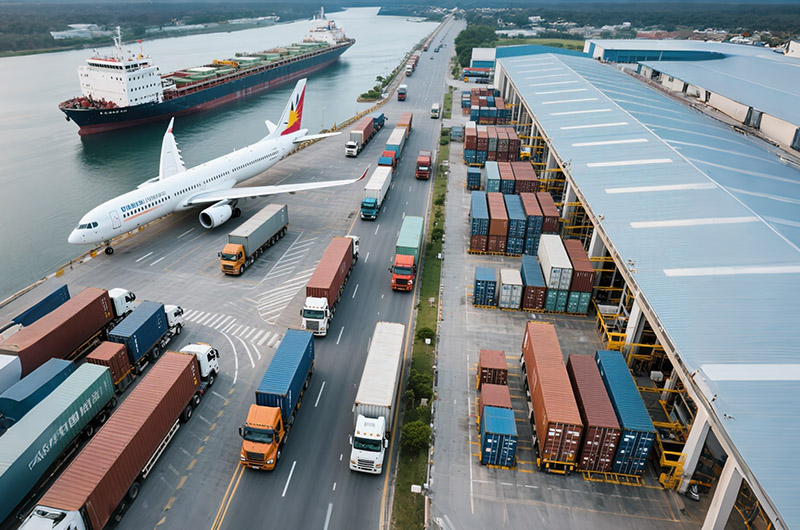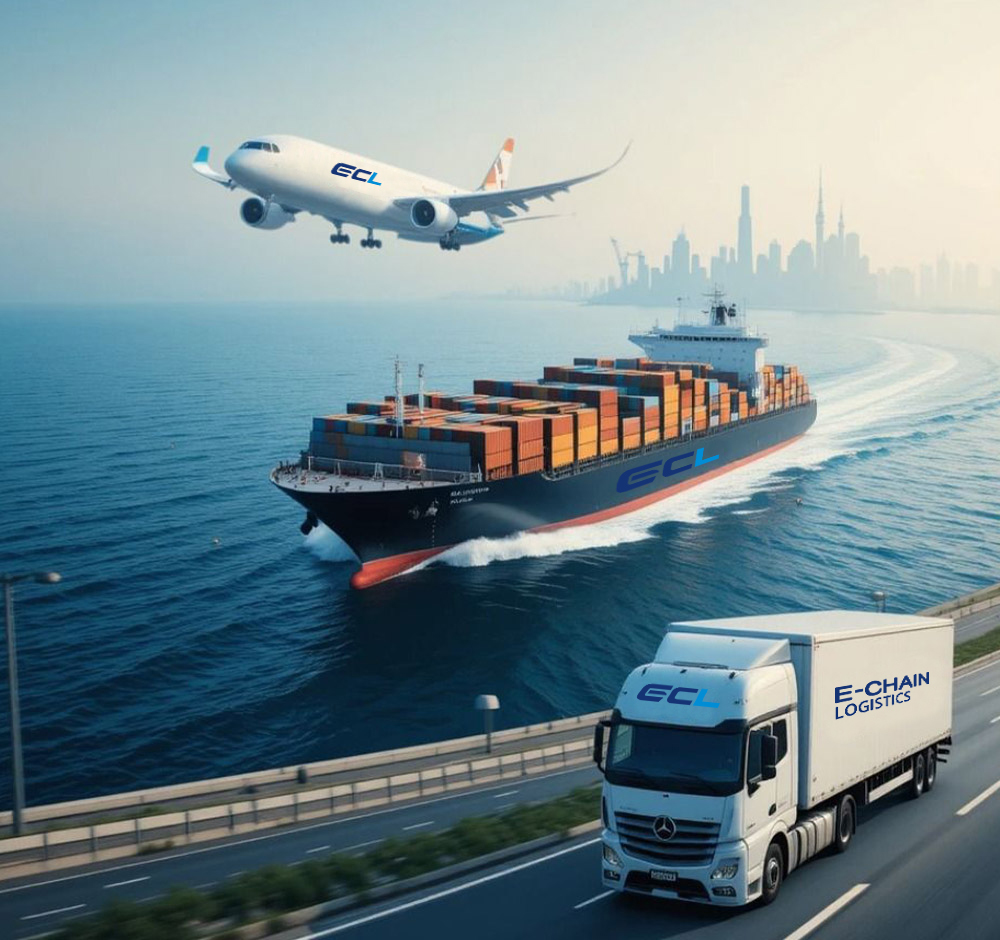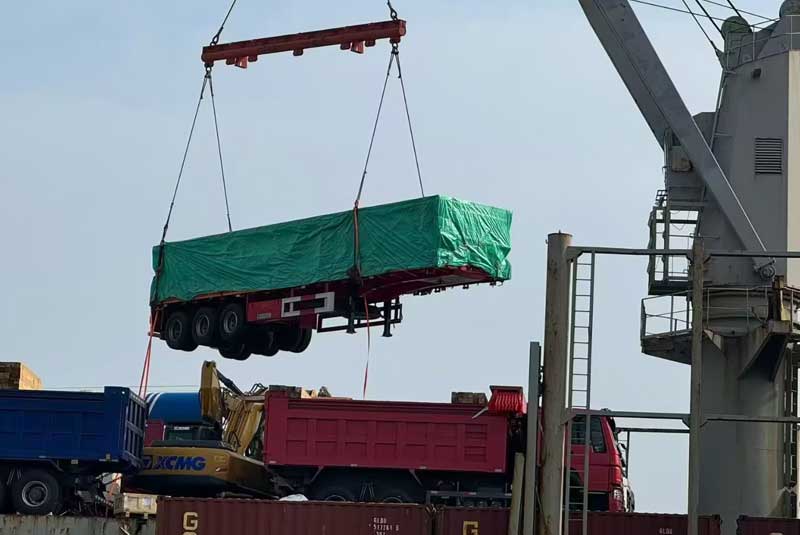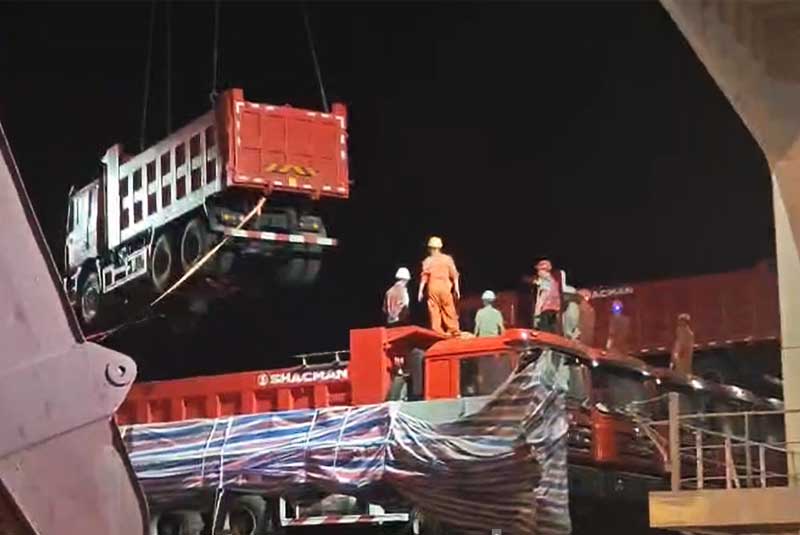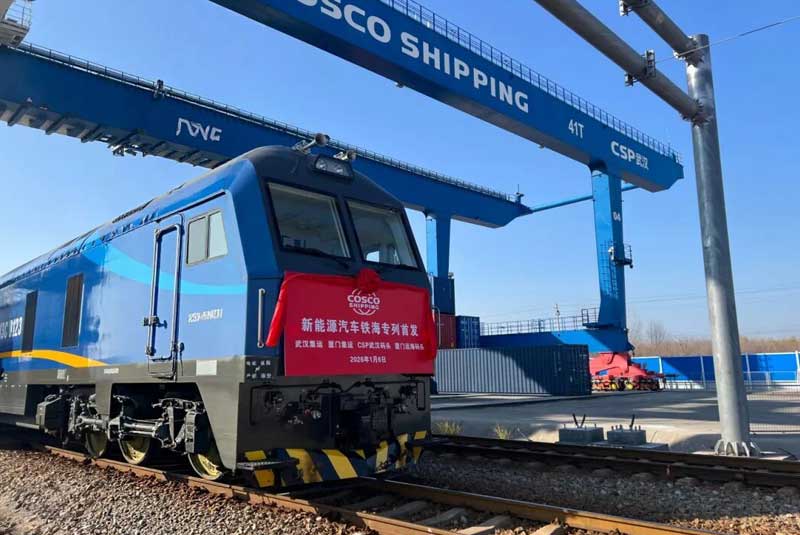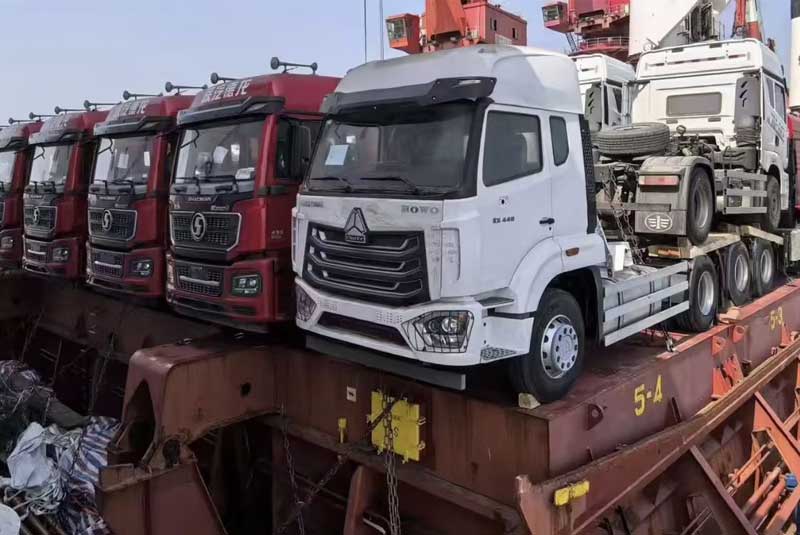For various foreign trade enterprises, stable logistics timeliness, controllable costs, and secure cargo protection will be core demands for overseas transportation in 2026.
Recently, COSCO Shipping Lines has launched six new multimodal transport channels. Based on actual customer operational scenarios, these channels address transportation pain points and provide customized logistics solutions for customers in different industries and regions, making overseas shipping easier, more efficient, and more convenient.
First Channel: Tuanlin-Yingkou-Yunnan-Guizhou “Rail-Sea-Rail” Grain Multimodal Transport Channel Service
This channel offers the following advantages:
Seamless integration, saving time and effort.
The channel has fully integrated key links such as front-end cargo collection, rail transportation, and port vessel allocation, achieving seamless “rail-sea-rail” multimodal transport. Customers do not need to interface with multiple logistics service providers, enjoying integrated services throughout the entire process, significantly reducing communication and coordination costs.
Cost optimization and customized solutions.
The project team precisely plans transportation routes based on customer needs, specifically optimizing the cost structure and tailoring efficient and economical multimodal transport solutions. While ensuring transportation efficiency, it helps customers reduce overall logistics expenses.
Robust network and guaranteed capacity.
As an important extension of the Northeast grain southbound transportation service network, the channel has completed the allocation of 500 TEU empty containers and the actual export loading of 500 TEU. Sufficient capacity reserves can stably meet the bulk transportation needs of grain trading companies, strengthening the stability of the customer’s supply chain.
Second Channel: Inner Mongolia Talahar-Tianjin New Rail-Sea Channel Service
This channel offers the following advantages:
Solving inland transportation pain points and ensuring cargo quality.
Addressing the problem of strong winds and sand in desert areas and the susceptibility of goods to contamination, the “bulk-to-container” transportation model is adopted to solve the problem of cargo damage in traditional bulk cargo transportation, effectively reducing cargo damage costs and ensuring that goods arrive at their destination in good condition.
Significantly improved timeliness, accelerating capital turnover.
By efficiently matching container sources, transportation capacity resources, and logistics nodes, the transportation time from inland areas to Tianjin Port is reduced to 3 days, a significant improvement compared to traditional methods, helping customers accelerate cargo turnover and shorten the capital occupation cycle.
Full-process closed-loop service, worry-free throughout the entire process. A dedicated working group coordinates all aspects of the process, including empty container allocation, loading, consolidation, handling, and ocean freight booking, ensuring seamless intermodal transport and green and safe transportation throughout the entire journey. This fully meets customers’ core demands for logistics safety, timeliness, and cost-effectiveness, facilitating rapid access to southern markets and overseas channels.
Third: Wuhan-Xiamen Rail-Sea Intermodal Dedicated Line for New Energy Vehicles
This channel offers the following advantages:
Upgraded safety guarantees and zero compliance risks.
Innovative application of a “smart enveloping fixing system” + adaptive polyester strapping + triangular wooden fixing wedges precisely addresses the risk of vehicle displacement during long-distance transportation; the entire loading process is monitored by video, and joint remote verification with the Xiamen Maritime Safety Administration ensures one-time passage of safety and compliance inspections, completely eliminating safety concerns related to the transportation of dangerous goods.
Improved efficiency and reduced time costs.
Based on a digital platform, real-time tracking of railway routes and online submission of container and cargo declaration documents are achieved, with review and inspection processes taking only 30 minutes; after the goods arrive by rail, they are seamlessly transferred to ships via the yard, shortening the overall logistics cycle by 7 days compared to traditional methods, significantly improving export efficiency.
Significantly reduced costs and more worry-free full-chain service.
Through process optimization and multi-party collaboration, cost reduction reaches 8%. At the same time, it pioneers a “local supervision-remote monitoring-remote verification-yard transfer” collaborative model, providing a full-chain, standardized solution for the export of new energy vehicles, giving inland car companies a greater cost advantage in exports.
Fourth: “Chengdu-Guangxi-Hainan” Rail-Sea Intermodal Train
This channel offers the following advantages:
Optimized routes, reduced costs, and improved efficiency.
Goods depart from the Cheng hua Railway Container Center Station in Chengdu, are transferred through Qinzhou Port to Yangpu Port in Hainan for smooth export. The scientifically planned transportation route effectively reduces enterprise logistics costs and shortens delivery time, improving customer order response speed.
Extended network, overcoming geographical limitations.
Accelerating the construction of an efficient production and trade logistics network covering Sichuan and connecting the Beibu Gulf and Hainan, helping inland enterprises in western China overcome geographical limitations, further strengthening freight links with international markets, and enhancing international competitiveness.
Fifth: Yi Bin-Cambodia Kaiyi Automobile KD Parts Rail-Sea Intermodal Channel
This channel offers the following advantages:
Simplified processes, saving intermediate costs. Leveraging the dedicated railway line to Yi Bin Port, goods can be directly loaded onto trains within the port area, eliminating the need for transshipment from Yi Bin North Station. This completely solves the problems of the original route being far from the dock, high container handling costs, and long transit times for trucks and entry into the station, significantly reducing logistics links.
Stable timeliness ensures order delivery.
From Yi Bin Port, goods can reach Qinzhou Port in Guangxi in 3 days to connect with sea transportation. The entire transportation process is controllable, accurately matching customers’ overseas order delivery cycles and avoiding the risk of breach of contract due to logistics delays.
Exclusive channel, supporting brand internationalization.
As a new dedicated artery for “Made in Yibin” products to go global, the stable and efficient characteristics of this channel provide more competitive logistics support for the export of automotive KD components, helping enterprises expand into the Southeast Asian market and build a multi-dimensional, international logistics new pattern.
Article 6: Dongguan Changping – Yantian Port Sea-Rail Intermodal Channel
This channel has the following advantages:
More stable transportation, avoiding uncertainty.
Without relying on road trailers that are heavily affected by weather and road conditions, goods can be loaded into containers in advance via rail using our own warehouses, combined with “fixed point, fixed route, fixed time” scheduled trains directly to Yantian Port, and supplemented by a port green channel, significantly improving the stability of the logistics chain and completely eliminating the risk of transportation delays.
More controllable costs, doorstep service.
Seamless connection from Chang Ping station to Yantian Port is equivalent to extending port services to your “doorstep,” eliminating intermediate transshipment links and effectively reducing overall logistics costs; the entire process relies on COSCO SHIPPING’s full-link service system, allowing real-time tracking of cargo transportation status, making logistics management more precise.
Green and efficient, direct access to core ports in Europe and America.
Using a low-carbon and environmentally friendly rail transportation model, it not only meets the needs of green development but also helps goods reach major ports in Europe and America efficiently, providing stable and reliable logistics support for cross-border e-commerce LCL (less than container load) business.






